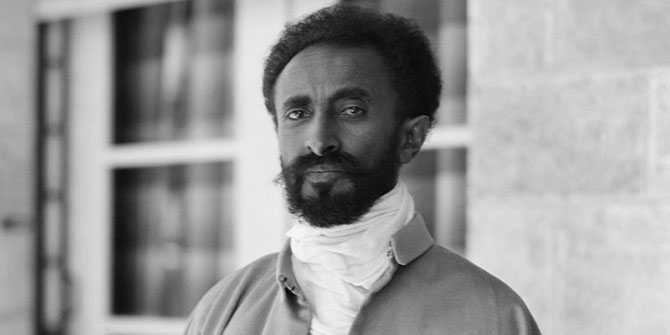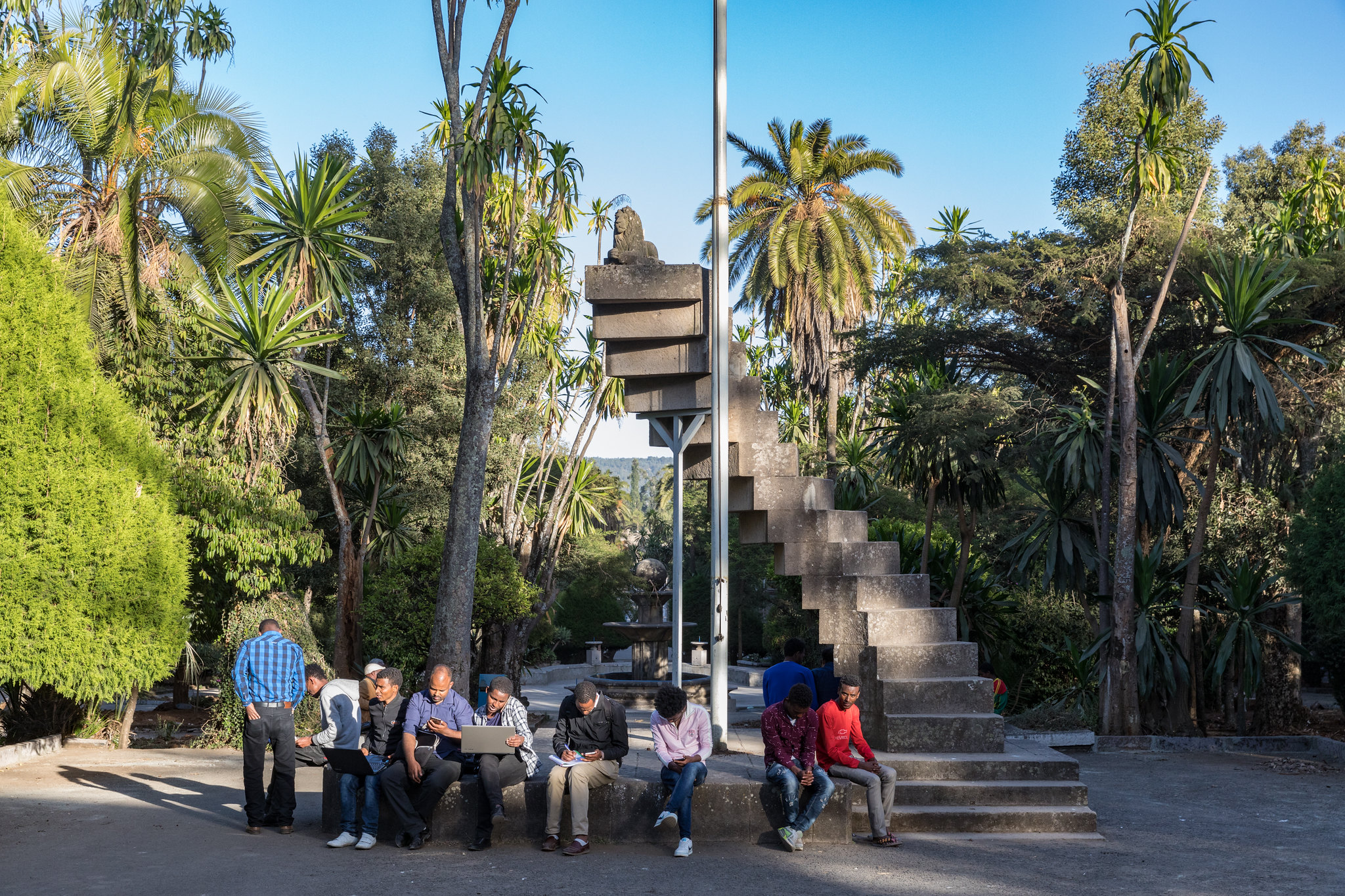Those that “liberate” a country often develop a sense of entitlement to power after the battle is won and have a poor track record of transitioning into inclusive participatory politics. This pattern is playing out again in Eritrea, writes Yohannes Woldemariam
The Eritrean People’s Liberation Front (EPLF), which after independence mutated into the People’s Front for Democracy and Justice (PFDJ) does not, as its name suggests, promote democracy and justice. Instead, it is led by a man governed by his own self-interest for whom Eritreans have become a means to an end; that of extending his power and influence.
President Isaias Afwerki runs Eritrea as if the fight for “liberation” is incomplete, and as though his PFDJ clique is the only one capable of ruling the country. He constantly claims that his unfulfilled project is under threat by “malevolent” forces like the United States or the Tigrean People’s Liberation Front (TPLF). The United States did play a role in frustrating the Eritrean independence struggle, as did the Soviet Union, but this Cold War history cannot continue to be credibly used as cover for the failures and incompetence of Isaias’s rule.
After independence, Isaias swept away the drafted constitution and his ever-shifting will became national policy. To safeguard his rule, he uses the notion of Sawa (ሳዋ) (indefinite “national service”) to prevent the youth from organising against him.
Isaias and the PFDJ micromanage every aspect of life in Eritrea. People have learned to say nothing political for fear that relatives and neighbours may be informers. Churches and religious leaders are coopted to serve Isaias’s policy of divide and rule. Religious leaders with integrity are imprisoned, banished, or left to die under house arrest like the late Father Antonios who resisted government pressure to excommunicate members and protested the arrest of priests. The only growth industry in Eritrea is the prison sector.
In Tigray, Eritreans are in double jeopardy. They are dying in a war that is not theirs and being demonised for it. While it is true that there have been gross human rights violations by all parties in Tigray, it seems Eritreans are especially scapegoated. As foreign troops, they’re easy propaganda targets.
In Isaias’ New Year message, he expressed no remorse but “pride” for what the Eritrean Defense Forces (EDF) did to “defend Eritrean sovereignty” by fighting in Tigray. One minute he tells Eritreans “borders don’t matter” and promotes regional integration, and the next he tells them they are dying in defence of Eritrean sovereignty.
Former U.S. Special Envoy for the Horn of Africa, Jeffrey Feltman describes Isaias as contemptuous of “his people.” He denies burial rights for Eritreans who die in exile if they fail to kowtow to him while still alive. Isaias even refused freely given Covid vaccine at the height of the pandemic.
CoAH versus Isaias
In November 2022, the TPLF and the Ethiopian government signed the Cessation of Hostilities Agreement (CoAH). Isaias, who was not involved in the negotiations, appears unhappy with the agreement. He needs constant war to justify his governing style in Eritrea and to evade accountability for the Eritrean lives he sacrificed in Tigray.
Meanwhile, his ambassador in Russia Petros Tsegay is warning of a possible war, claiming that Western countries are using the TPLF as a proxy to attack Eritrea.
Isaias will continue his alliance with Abiy Ahmed until it no longer works in his favour. If it does not, there are plenty of fault lines within Ethiopia for Isaias to play the spoiler role. If the relationship sours, he has alternatives to ally with subnational groups like the Amhara Fanno and other opposition forces in Ethiopia to blackmail Abiy and try to subvert his possible alignment with the TPLF in order to maintain influence across the border.
The need for international support
The Biden administration made a point of not inviting Isaias to Washington for the Africa summit while inviting all kinds of African dictators. Eritrea does have formal ties with the U.S., but Isaias was still not invited.
He is now positioning himself to support Russia over its invasion of Ukraine and there are talks of collaboration with Russia in the Eritrean port of Assab.
The international community needs to seriously help Eritreans with a view of a post-Isaias era. A starting point is to recognise that despite Isaias, Eritreans value their sovereignty and do not view themselves as an appendage of Ethiopia. Eritreans are confident that given a chance, they can rebuild a prosperous and sustainable country. They have the resources, ideal geographic location at the entrance of the Red Sea and proven ingenuity. The myth that perpetuated Ethiopia as an anchor state for the Horn of Africa has been proven to be an illusion, especially within the last three years.
Young Eritrean refugees in the diaspora have been effective in weakening the regime’s international network at great risk to themselves. In some European countries, Eritrean youth are in trouble with their asylum quests due to their activities against the dictatorship’s long arm in the diaspora. The regime looks to the diaspora to extract money through the 2 per cent tax and so-called “festivals” to garner political support and raise funds. The international community should be working with the diaspora, not treating them with suspicion.
What next?
The CoAH has exposed Isaias to dangers. The peace agreement might drive a wedge between Abiy and Isaias, with the Ethiopian Prime Minister no longer in need of support from his Eritrean counterpart, which could weaken him. As welcome as Isaias’s demise would be, Eritrea is also fraught with danger should a power vacuum occur. No alternative source of authority has been cultivated to emerge in Eritrea. Traditional values have been systematically eroded, including the ሕጊ እንዳባ (Customary Laws). Civic organisations to the extent they existed have all but disappeared. Social fabric and trust are seriously damaged. The removal of Isaias could facilitate the unwelcome entrance of ambitious neighbours like the TPLF and Abiy, precipitate internal power struggles, and worsen ethnic and religious cleavages.
Alternative Eritrean leadership which can fill in the gap is urgently needed.
Photo credit: Wikicommons used with permission CC BY-SA 4.0





